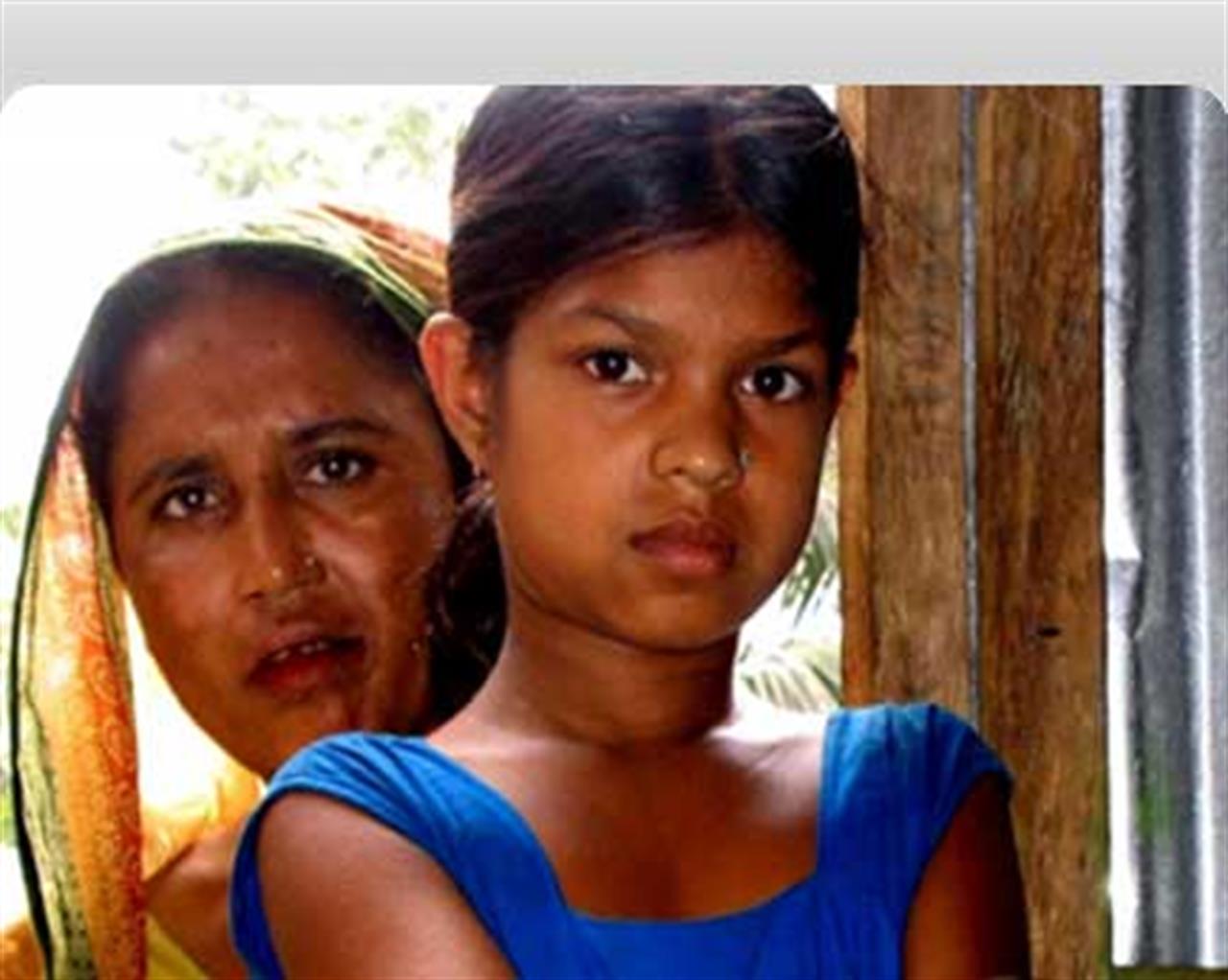Non profit
World recession hits women first
Reversing positive changes in women's rights around the world
di Staff

Increased child mortality, de-schooling, a rise in children’s work, job loss, a decrease in funds remittances to countries of origin…
These plagues have been hitting one by one girls and young women, victims on a large scale of world recession.
The NGO Plan international, that – in addition to its own survey – has carried out a large number of international studies, has drawn up a complete picture in the report entitled “Girls’ situation in the world 2009, time to reckon”, published in the middle of October.
Taking the form of a sermon, this document condemns the lack of attention of states in cases of renouncement to the objectives of schooling and of integration of young girls in the job market.
Discriminations against girls start from the very first years of life (and also before, if we take into account the “feticide” of girls). The World Bank has already identified 58 countries in which the crisis could end up in a rise in child mortality reaching 400 000 deaths per year, a majority being little girls.
The crisis also threatens girls’ progress in the area of schooling.
“During the last twenty years, the percentage of children who have never attended school has fallen from 21% to 11% for boys between the ages of 10 to 14, and from 39% to 18% for girls,”reminds the report.
Lacking the money to pay for school or pushed by the need to help in home tasks, many girls risk to move away from the blackboard.
Overall the number of girls has increased more than the number of boys between 2000 and 2006 in primary schools, but girls the goal of secondary school more strenuous (only 43% of them get to secondary school in developing countries).
Many studies have shown that a minimum of ten yeas of schooling are necessary to “guarantee the advantages of education from an economic point of view” points out Plan international.
For the young girl herself, the continuation of studies has a very concrete impact: “Those girls who have attended secondary school earn 2000 dollars more than those who have stopped at primary school”, againhighlights the report, which is based on figures from the World Bank.
De-schooling them, the crisis is sending children back to work, formally or informally. And yet the phenomenon had originally been diminishing these last few years, according to the International Labour Organization (ILO). No less than 218 million children aged between 5 and 17 – that is one out of seven – work today, mainly in the informal economy.
Another plague worsened by the crisis is prostitution.
“Factories are closing everywhere and women are being approached by sex traffickers who ask them if they want to go and work in the West”, says Jitra Kotchadet, union officer in Thailand, quoted by Plan international.
The recession is already being felt when it comes to women’s employment, reminding us of the disastrous consequences of recent crises – in Asia in 1997, in Argentina in 2001, or the bursting of the dot-com bubble in the United States that same year – on female workforces.
According to ILO, 22 million women could lose their job in the world in 2009, as the unemployment rate increases faster for women than for men. ILO highlights that between 50% and 55% of wage earners occupy jobs considered as “vulnerable” against 47% to 52% of men.
In emerging countries, where the job market has become more open to women thanks to globalization, in particular in the sector of services, health or clothing, the impact is already enormous.
“In the formal sector, and especially in the sectors designed to export, where the workforce is female by 75% to 80%, 7 laid off workers out of 10 due to the financial crisis are women”, says National Alliance of Women of the Philippines, quoted by Plan international.
In Africa, according to Ritu Sharma, president of Women Thrive Worldwide, a coalition of about fifty American associations, one hundred thousand jobs in the textile industry – 90% of which are held by poor women – are threatened.
On the contrary, in the United States where women are vastly employed in the sectors of education and health, they should be more protected from unemployment.
These massive firings may have dramatic consequences when the job/the employment was being practiced outside of national borders.
Because women represent “at least half of the population of international migrants”, according to a report by the United Nations Population Fund (UNFPA), these losses of employment lead to a fall in funds remittances to families still in their own countries.
In 2009, the World Bank estimated a decline of 7.3% of these financial flows, originally valued in 2007 at 14.5 billion dollars (9.7 billion euros).
Source: www.lemonde.fr
Translation by Cristina Barbetta.
Vuoi accedere all'archivio di VITA?
Con un abbonamento annuale potrai sfogliare più di 50 numeri del nostro magazine, da gennaio 2020 ad oggi: ogni numero una storia sempre attuale. Oltre a tutti i contenuti extra come le newsletter tematiche, i podcast, le infografiche e gli approfondimenti.
